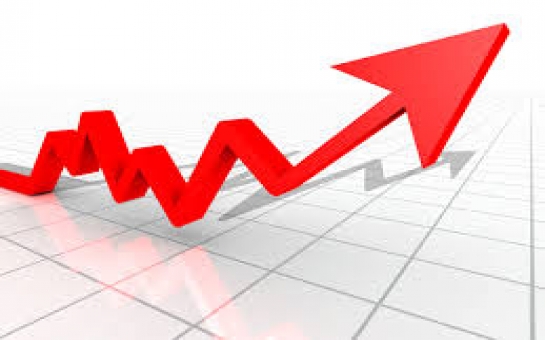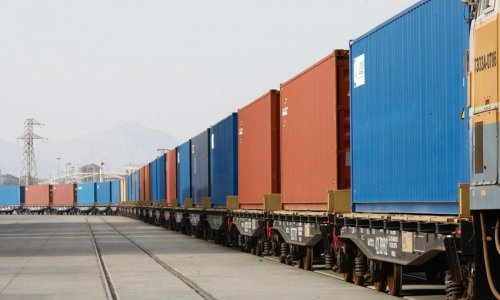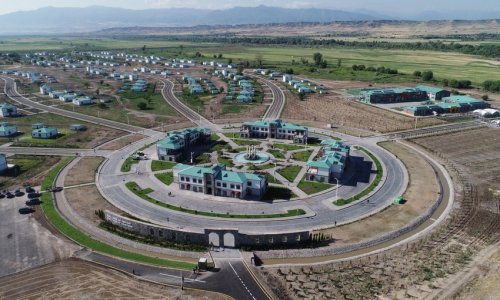Inflation has picked up slightly since 2012, when it averaged 1.1% year on year, but remains at a historically low level. This is puzzling, given that the economy is set to grow at an estimated 5.2% year on year in 2013, compared with just 2.2% in 2012.
As in other countries in the Commonwealth of Independent States (CIS), Azerbaijan's low inflation has been helped by low food prices following a strong domestic and regional harvest. Food inflation stood at 2.2% year on year in October, down from 2.6% in September. However, perhaps the most striking aspect of the consumer basket was very low inflation for non-food products, of just 1.1% year on year in October.A number of factors may be keeping prices down. Low inflation may reflect the fact that economic growth in the past year has largely been driven by the non-oil sector, rather than by energy exports. Weaker world oil prices and lower oil production in the first half of 2013 led to a contraction in the current-accountsurplus, reducing the volume of foreign-exchange inflows inflating the domestic economy. With growth being driven by domestic consumption rather than exports, the money supply is less likely to outrun production, reducing inflationary pressures. In addition, while nominal wages continue to rise, therate of growth has moderated, averaging 7.4% in the first three quarters of 2013, compared with 9.4% in the equivalent period of 2012. As a result, while growth has picked up since 2012, the rate of monetary growth has slowed. M2-a measure of the money in circulation and bank deposits-was up 19.4% year on year inSeptember, compared with 28.9% in the equivalent month of 2012.Inflation will be further tempered next year by the government's fiscal consolidation-budgetary expenditure is projected to rise just 1.1% in 2014-and sluggish export growth. We will therefore be revising down our 2014 inflation forecast to 4.9%, from 6.2% currently. Nevertheless, we continue to expect consumer price inflation to rise, as a pick-up in global output will push up import prices, and the government is likely to ring-fence pensions and social transfers to maintain real income growth.(Economic Intelligence Unit)ANN.Az
Follow us !











